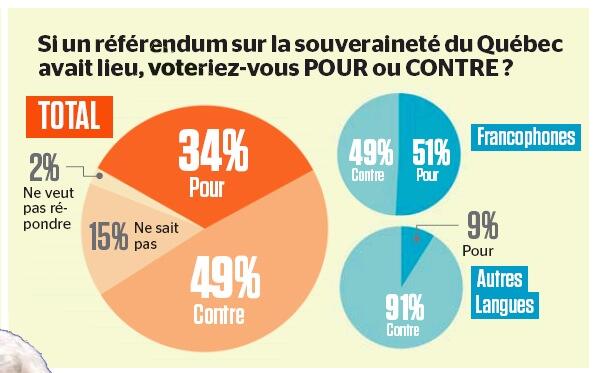David Akin recounts the last few federal campaigns the Liberal Party ran and the dismal results they achieved:
When the Conservative war room in the 2011 general election first saw video of then-Liberal leader Michael Ignatieff hoarsely exhorting Canadians to “rise up!”, they could hardly believe their good fortune.
As Maclean’s political editor Paul Wells reports in his latest book, The Longer I’m Prime Minister, Conservative operatives at first thought it was a hoax. But, no, there was Ignatieff running around the country, literally calling for a revolutionary overthrow in the midst of the worst recession since the Depression.
“You’ve got Stephen Harper on the one hand saying times are dangerous and we need a stable government and then you got a guy yelling at people to rise up?” a Conservative told Wells.
Canadians, of course, did not rise to Ignatieff’s call to arms, and instead dumped Liberals in record proportions. New Democrats and Conservatives had stuck doggedly to themes that revolved around pocketbook issues and reaped the electoral rewards.
The Liberals ignored pocketbook issues, too, in 2008 focusing instead on Stephane Dion’s “Green Shift”. Dion’s plan could quite easily have been sold as a job creation plan with a huge tax cut but instead was sold as the solution for a problem — climate change — Canadians were not nearly worried about as much their own household economic security.
And in 2006, Paul Martin had a rock-solid economic record that should have helped him glide right by the sponsorship scandal and back to power. Incredibly, he tried to seal the deal in the last weeks of the campaign with a surprise pledge to eliminate the “notwithstanding clause.” Riiiight! Canadians love to vote for parties promising constitutional amendments!
This time, the party appears to have decided to fight the 2015 election campaign on economic grounds, and Justin Trudeau’s video appearance is intended to be the beginning of that new tack. As Akin points out, the Tories and NDP have been occupying that part of the agenda for the last few years, so the Liberals have to find a way to draw the public attention to them and away from the other parties. That may be a key advantage for them in media terms, as Trudeau is far more mediagenic than Harper or Mulcair, so they have a fighting chance to catch attention but still need to work on what to do when they get it. The next election is starting to look more interesting all the time.
Update: Stephen Gordon is attending the Liberal convention and while he applauds them for allowing non-party members to sit in on their economic discussions, he’s not blown away by the quality of the economic arguments and suggestions:
I don’t want to be overly harsh (really!), because the proposals were the result of a lot of work and thought on the part of the people bringing them forward. Engagement on that level is something we need more of. The problem is that they came from people whose views on economics have been largely conditioned by the dirigiste approach that Liberal governments have adopted in the past. I counted no fewer than nine calls for a ‘National Strategy’, a few ‘National Policies’ and countless other ways of spending enormous amounts of money, often for no better reason than ‘it’d be really neat if we had this.’ For example, the “Building a More Competitive Economy” session was chock-a-block with proposals for infrastructure spending, and bereft of anything that would have actually created more competition in the Canadian economy.
The fault lies within the policy process itself. None of the proposals were accompanied with estimates of their costs, and I’m informed that party members are warned against discussing costs when they put their proposals together. (I can only infer that the party would rather avoid controversial stories on proposals that had not been endorsed by the leadership.) This is unfortunate, because cost-benefit analysis is at the heart of economic policy analysis. Virtually all of the policy initiatives proposed here bring some benefits, but the really hard and interesting question is whether or not these benefits outweigh their costs. The problem is that answering this question is the prerogative of the leadership, and not the delegates.




